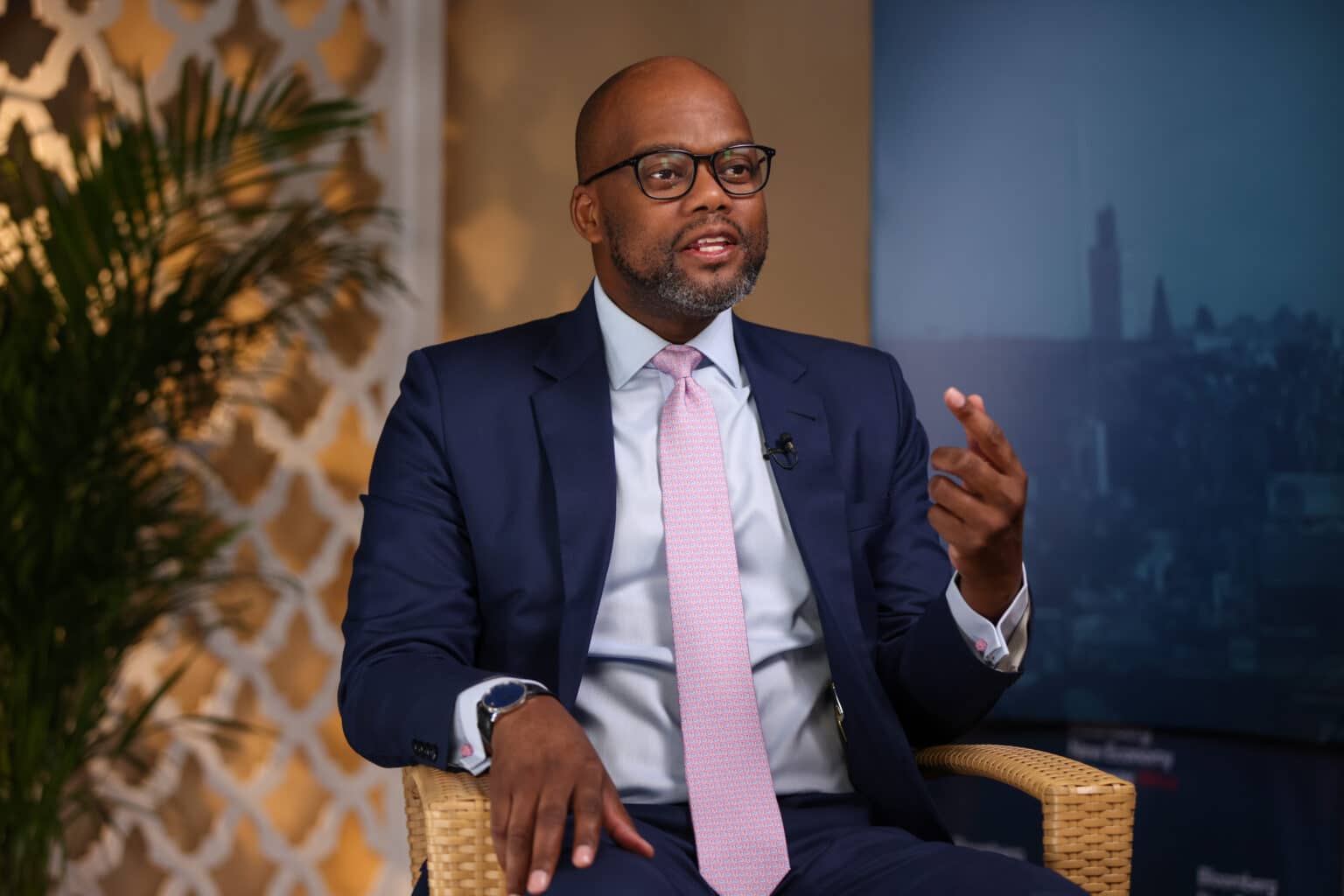
By Charles Muchoki | Africa Guardian
The Secretary General of the African Continental Free Trade Area (AfCFTA), Wamkele Mene, has expressed disappointment over South Africa’s reluctance to ratify the Pan-African Payment and Settlement System (PAPSS), a move he believes is crucial for reducing trade costs and accelerating economic integration across the continent.
PAPSS, developed in partnership with the African Union, is designed to allow businesses to trade in any of Africa’s 42 currencies without relying on third-party currencies like the U.S. dollar. This system could potentially save the continent up to $5 billion annually. To date, the system has been adopted by 115 commercial banks and 15 central banks across Africa.
“I regret that South Africa has not yet adopted the Pan-African Payment and Settlement System because I think it is a political economy question,” Mene told CNBC Africa. “I must confess, I am surprised that not more countries have joined PAPSS.”
Mene emphasized that South Africa, as Africa’s largest economy and a key player in the trade of manufactured goods on the continent, stands to gain significantly from PAPSS. He pointed out that the South African Reserve Bank would be best positioned to explain the country’s hesitation.
The Africa Export-Import Bank highlights that over 80 percent of intra-African payments currently pass through Europe or the United States, a legacy of colonialism and ongoing Western economic dominance. PAPSS aims to reduce this dependency and enhance Africa’s economic sovereignty by allowing the continent to manage its own trade transactions.
Mene illustrated the cost benefits of PAPSS, noting that a $500 transaction would cost just $2 through PAPSS, compared to $60 or $70 via SWIFT. Moreover, PAPSS offers the advantage of instantaneous digital transactions.
The African Union launched the Africa Continental Free Trade Agreement in January 2021, creating the world’s largest trading bloc, with a combined GDP of $3.4 trillion. This figure is expected to grow to $16.5 trillion by 2035, according to the World Bank. So far, 48 out of Africa’s 54 territories have ratified the agreement, with Eritrea expected to join soon.
Mene called for a shift in mindset, urging Africans to trust in their own institutions and mechanisms. “We have to make that mental shift of not only believing in ourselves as Africans but also believing in the institutions and the mechanisms that we have introduced,” he stated.
Key participants in PAPSS include central banks, which serve as regulators and clearance agents, along with commercial banks, fintechs, payment service providers, and businesses operating across the continent. Afreximbank anticipates that most of Africa’s central banks will join PAPSS by next year, a critical step toward increasing intra-African trade, which currently stands at just 20 percent, the lowest among global trading blocs.
“This is not just about addressing the trade deficit in Africa; it is also about the sovereignty of the continent,” Mene explained. “If today you upset somebody in Washington or London, you could be kicked out of SWIFT and unable to transact with the rest of the world. So this is not just about easing payments—it’s a matter of political sovereignty. It’s a political economy question.”
___
